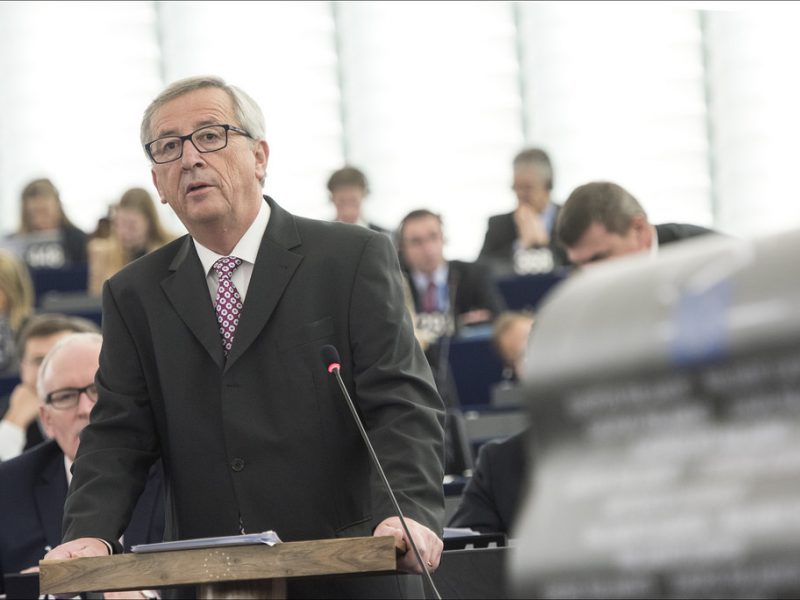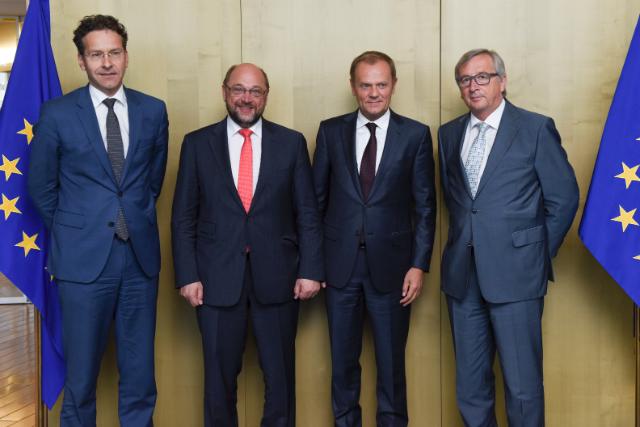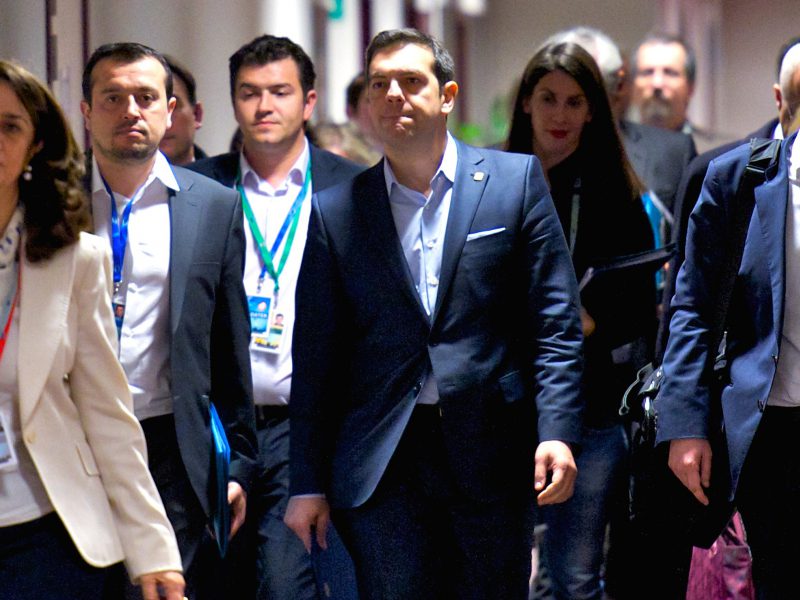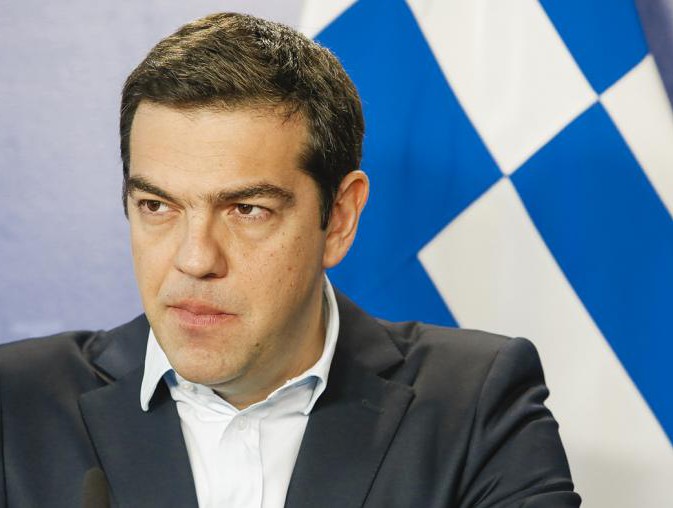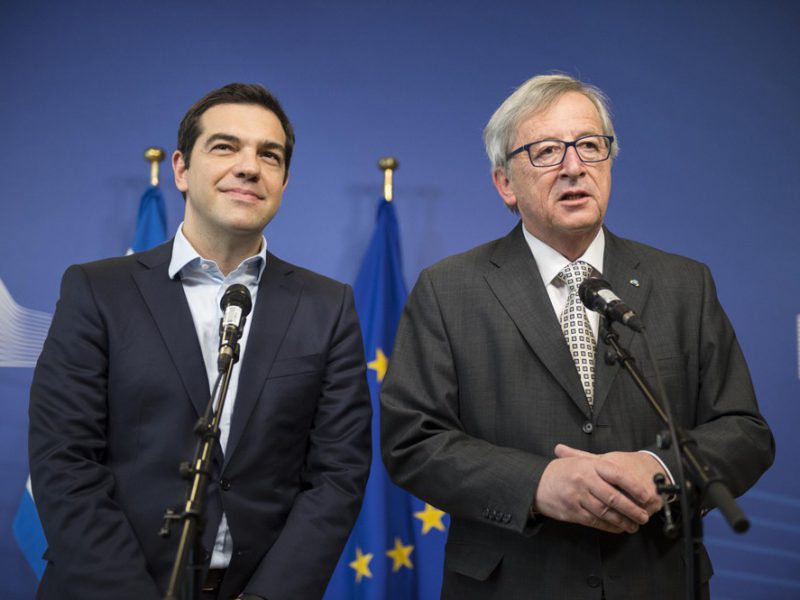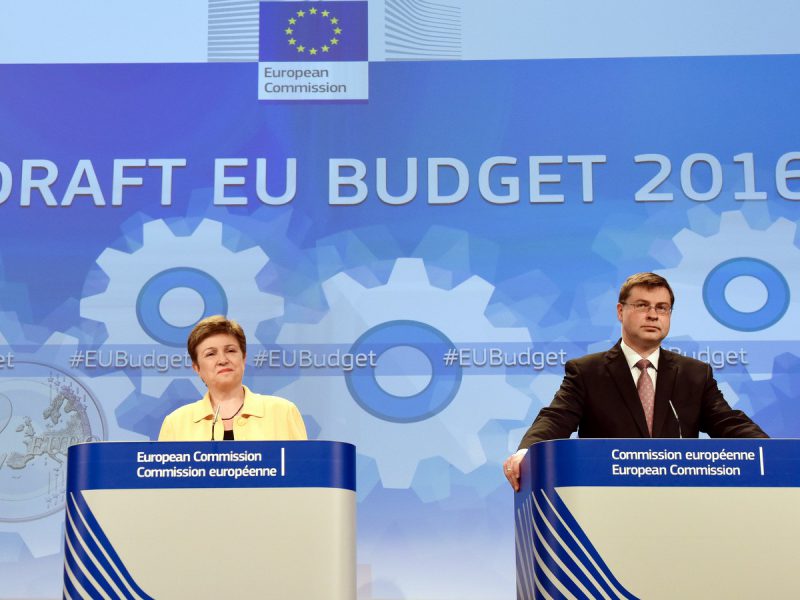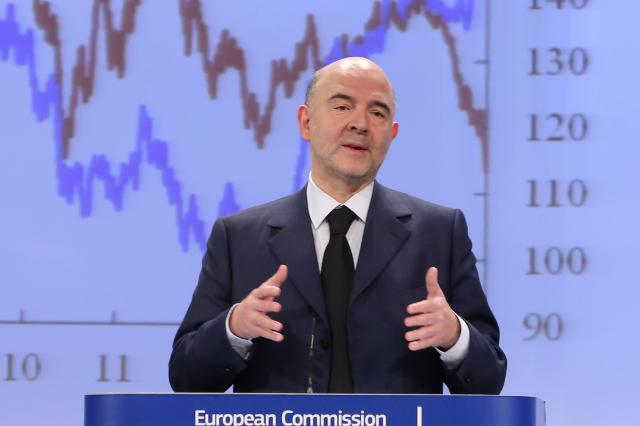Eurozone deal on Greek debt crisis
One of the worst crises in EU history took another crucial turn with a decision made in the morning of Monday, 13 July. In order to avert his country’s financial collapse, Prime Minister Alexis Tsipras struck a deal with the other Eurozone leaders that would give Greece its third international bailout in five years. The package is worth €86bn and will be doled out over a period of 3 years.


